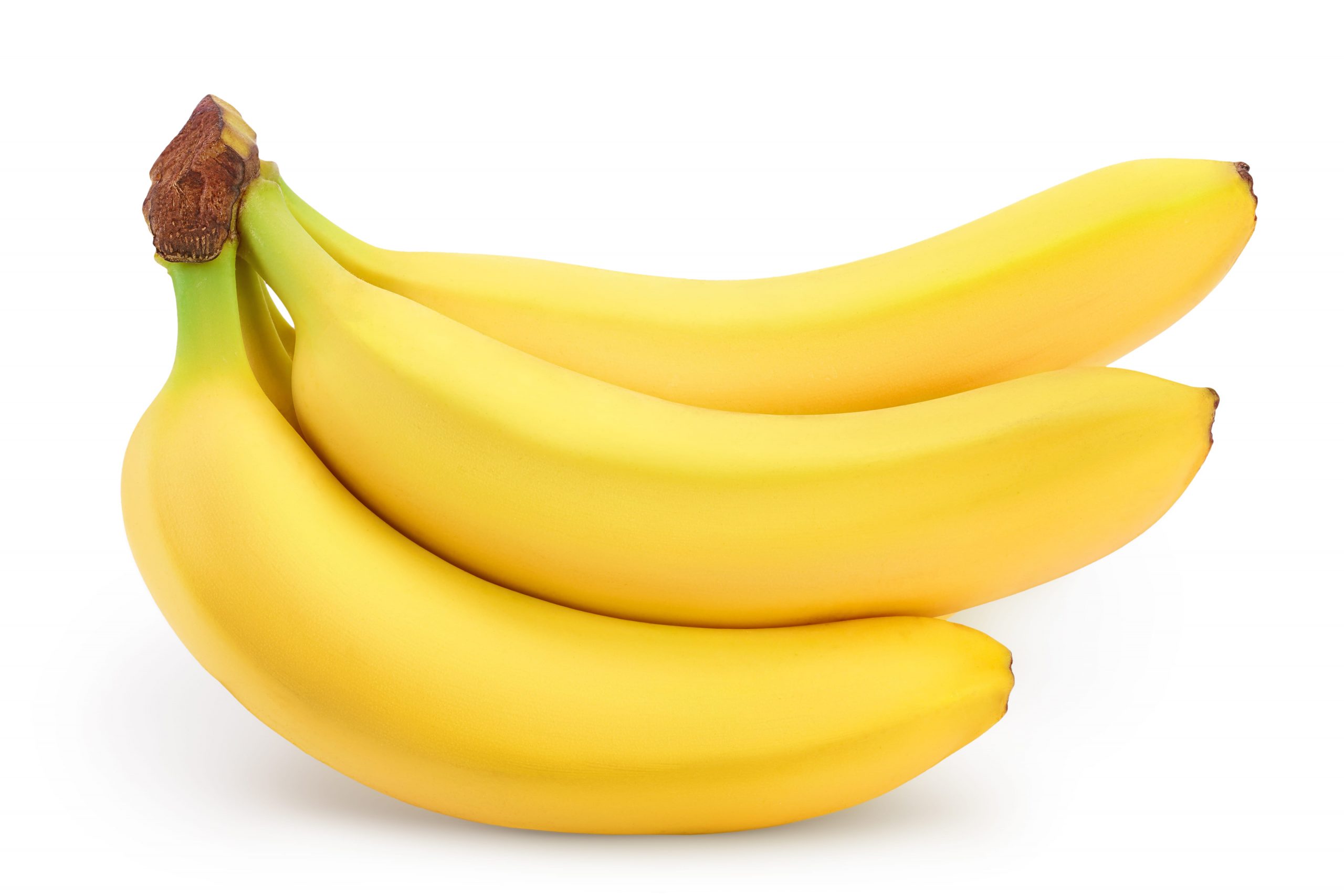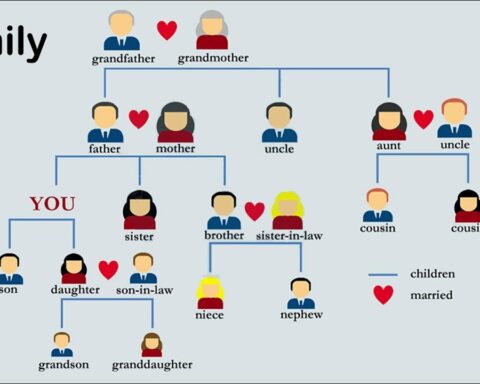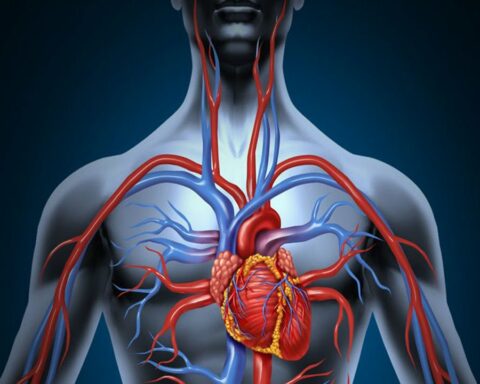Although bananas are among the sweetest fruits and rich in potassium and fibers, too much of them can be detrimental to your health, hence the need to know how many you can take per day.
Diversity is beautiful in all aspects, including in foods, fruits, and vegetables, and we appreciate the varieties that we have. Bananas are among the cherished fruits we have and are loved for their sweet taste. Still, there is a need for one to know how many of these fruits he can take a day without risking his health because although they are incredibly sweet, taking too much of them puts one’s health at risk. Peer into this article to understand the nutritional profile of bananas and why taking too many of them may not go well with you.
Bananas: the nutritional profile
Health experts and nutritionists usually explore the nutritional profiles of various foods, vegetables, and fruits to value their contribution to health, and the same is for bananas. Interestingly, bananas shine because of the great nutritional profile that they have. For instance, a regular-sized banana weighs 118g and comprises vitamins B6 and C, manganese, fiber, and other minerals. Below is the nutritional breakdown for such a ripe banana:
- Calories: 105
- Carbs: 27 grams
- Fat: 0.3 grams
- Fiber: 3 grams
- Protein: 1 gram
- Vitamin B6: 22% of the DV
- Vitamin C: 17% of the Daily Value (DV)
- Manganese: 16% of the DV
- Potassium: 12% of the DV
- Magnesium: 8% of the DV
The great nutritional profile makes banana a great fruit and one of those eaten to get good quality sleep. It has unique chemical compounds that back off chronic illness, inflammation, and oxidative stress and eases one to relaxation. Interestingly, bananas are a unique way of taking your fruit/vegetable intake to heights and following the World Health Organization (WHO) recommendations to stick to at least five servings of fruits and vegetables a day.
An impressive nutritional profile but low quantities of fats and proteins
Fats and proteins are important in the body because they form the fatty layer of the skin, offering protection during cold, while proteins form cells and are also needed for bone and muscle strength. Admittedly, bananas have an impressive profile packed with manganese, potassium, and vitamins. However, they are low in fats and proteins, and the majority of their calorific value comes from carbohydrates and sugars. In fact, when fats and proteins are combined, they only make up for 8% of all the calories in the 118g banana.
The role of fats and protein cannot be overemphasized in the body, and any food that does not make up for them are not nutritionally beneficial on their own. Besides forming the adipose tissue, fats absorb fat-soluble minerals, and lacking fats may ultimately lead to nutritional deficiency. Besides, for the bones to be strong and healthy, muscles to hold up, and tissues to repair during a breakdown, proteins are needed, apart from their importance in immune defense. Consequently, although bananas are generally nutritious on their own, they don’t meet all the dietary requirements, especially because two of the main components are left out. Therefore, if you snack a lot with bananas, it’s time you consider adding other sources of fats and proteins as you take bananas, including walnuts, boiled eggs, or peanut butter.
Taking too many bananas will not take you well
It’s often said that too much of something is dangerous, and this is true for bananas. Of course, bananas are not treated as high-calories foods, especially because a regular-sized 118g banana contains only 105 calories. However, if you focus on taking bananas only and load your body with more calories than necessary, this will be detrimental. In fact, the more the calorie intake, the bigger the weight gain, culminating in lifestyle conditions like obesity, diabetes, heart disease, and many others.
The other factor making over-consumption of bananas dangerous is the fact that more than three-quarters of its calories come from carbs. In unripe bananas, the carbohydrates are mainly starch, which is then converted to sugar as the fruit ripens. Consequently, most of the calories in ripe bananas come from sugar, and you may wonder why this is a key concern. Because of their high glycemic index, eating lots of bananas without fats and proteins raises blood sugar and insulin levels, making it hard for people with diabetes and easing the possibility of prediabetes culminating in diabetes.
Nutritional deficiencies
Focusing on bananas without taking other foods rich in fats are proteins may lead to nutritional deficiency. Remember, fats are important in the diet since they help the body absorb fat-soluble nutrients. Therefore, without enough fats, nutrients like iron that need to dissolve in fats to be absorbed will lack in the body, ultimately leading to anemia and iron deficiency. Besides, since bananas contain only a little protein, focusing on such fruits only may lead to protein deficiency.
How much is too much?
After knowing how nutritious bananas are and the consequences of focusing on them only, you may want to get the answer to the question, ‘how many bananas are too many?’ Interestingly, nutrition is all about eating balanced portions of foods from various groups and keeping it. Therefore, there is no specific number of bananas that are too many, and it all depends on your nutritional and calorie needs. Theoretically, it’s okay to eat as many bananas as you wish, provided that you don’t take too many calories, jeopardize your health, or ignore other dietary requirements. Still, many studies agree that 2-3 bananas are great for the body. As you do so, supplement with protein and fats to avoid deficiencies.
Conclusion
Bananas are great fruits, supplying the body with manganese, potassium, fibers, and vitamins B6 and C. Still, eating too many of them would be detrimental since their calories mostly come from carbs and sugars. Moreover, focusing on bananas only may lead to nutritional deficiencies since they are low in fats and proteins. Therefore, 2-3 bananas would be good for the body and be sure to include fats and proteins.
- Products That Assist with Stress Relief - September 21, 2023
- TRÈFLE – THE ROAD TO THE 15TH - July 29, 2023
- Lovingly thought out educational toys - July 5, 2023









